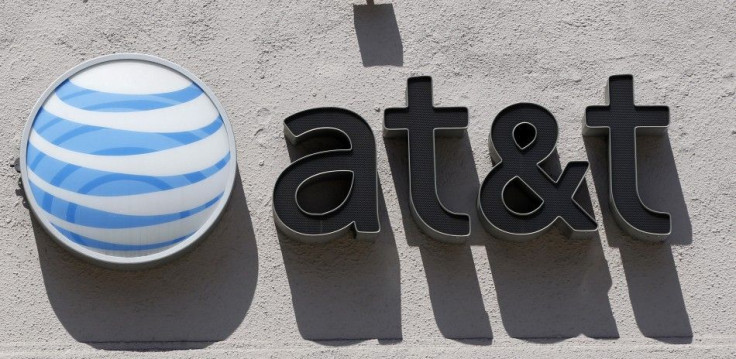Carriers Seek to Address ‘Bill Shock,’ Spare $16,000 Victims Like Jose Rivera

Several of the biggest U.S. wireless carriers – representing over 97 percent of the industry – will roll out an alert system to end “bill shock,” or exorbitant bills that customers are not expecting.
These large bills are incurred through fees for roaming, texts, data, or calling.
Generally speaking, it is very expensive to use services beyond what is included in plans.
For example, sending out 1,000 texts under a plan that pays for unlimited texting may only cost $10 per month. Sending out 1,000 texts under a plan that does not include any texting, however, may cost $0.20 per text, which translates to $200 for 1,000 texts.
Paying $200 extra for cell phone usage may be bad. However, “far too many Americans” are hit with as much as “thousands of dollars in unexpected fees and charges,” stated U.S. President Barack Obama in a joint press release from the Wireless Association, the Federal Communications Commission, and the Consumer Union.
All of that can stop, said Obama, if carriers can just send users alerts.
Under the proposed anti-“bill shock” alert system, carriers will send customers both before and after they breach plan limits on voice, data and text. It will also alert users on international roaming charges.
The participating carriers will roll out two of the four notifications (data, voice, text or international roaming) by Oct. 17, 2012 and all of the notifications by Apr. 17, 2013.
Late last year, an extreme case of “bill shock” received national attention.
Jose Rivera, a U.S. soldier deployed in Afghanistan, was slapped with $9,000 bill by AT&T, largely for making international calls. At one point, the bill swelled to $16,000, presumably on interest and/or penalty charges.
Rivera said he was told that overseas calling would cost an additional $4.95 per month. However, he claimed he was not told that AT&T would also charge $5 per minute for overseas phone calls.
After the case received much publicity, AT&T decided to cancel Rivera’s entire bill, according to CNET.
© Copyright IBTimes 2024. All rights reserved.











